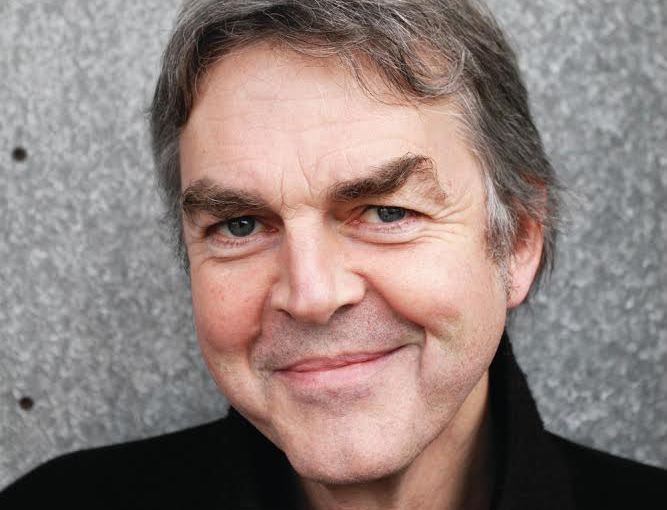[Published in The Student newspaper 25/11/14]
In terms of scale and success, the thriving musical Wicked is as big as they come. Having already bagged 100 international awards and captivated audiences both sides of the Atlantic, there’s been a genuine buzz surrounding its arrival at the Edinburgh Playhouse. It’s definitely been long anticipated and the level of expectation for the show is almost insurmountably high.
Based on Gregory Maguire’s novel, Wicked tells the story of the mutual-loathing-turned-friendship of two university students, the unfortunately green-tinged and unpopular Elphaba and the much-loved and ditzy Galinda. It is upon meeting the disappointing Wizard that both girls, who have been tutored in magic, must make a moral decision and eventually go their separate ways. This is the untold story of The Wizard of Oz, and it’s steeped in clever plot points that hint at the original source material and make you smirk in satisfaction when you understand a reference.
Emily Tirney shines as Galinda, quite literally, in a stunning array of princess-like costumes. Elsewhere love-interest and heartthrob prince Fiyero, played by Samuel Edwards, is delightfully self-assured, his voice only slightly faltering in places. But it is Ashleigh Gray who steals the show as Elphaba, aka The Wicked Witch of the West. She sweeps across the stage, showcasing her impressive vocal range, infectiously energetic and delightfully sarcastic in responding to the general disgust at her complexion. The culmination of the first act into the momentous ‘Defying Gravity’, a fearless and empowering powerhouse of a song, deservedly earns her tumultuous applause.
Coupled with this impressive cast, the staging is equally as striking. A fuming dragon sits above the curtain, watching over proceedings like a clock, its red eyes occasionally glinting maleficently. The contraption of the Wizard of Oz’s head is both terrifying and spectacular. The lighting changes in Emerald City are quick and serve to highlight a wonderful effort on behalf of the costume department with many green outfits that are reminiscent of the Hunger Games’ eccentric Capitol.
Perhaps another reason behind the lingering success of the show is the heavy political undertones that it carries. Not shying away from the question of Good and Evil, Wicked also presents a land of Oz under scary state observation, suppressing the animal minority who don’t have a freedom of speech, and distorting the truth to influence the public. ‘Where I come from, we believe all sorts of things that aren’t true. We call it history’, the Wizard reveals, in a chilling glimpse of totalitarian regime. There are moral and ethical questions to be asked here. Through the characters’ songs, we are taken on a colourful psychological journey where we might begin to wonder if Elphaba really is the villain after all.
Wicked is not your usual predictable, gaudy, one-dimensional musical. Rather, it is a much cleverer show that slyly points out common clichés and throws them at you, laughing at them in the process. There’s a surprisingly witty and perceptive script that makes it very special. ‘I clash with everything’ grumbles Elphaba, in a typical hormonal teenager fashion. Elsewhere, Galinda’s frequent mispronunciation of words produces giggles throughout the audience.
Visually stunning, surprisingly probing and extremely amusing, Wicked lives up to expectations. It’s a treat, go see it now.


